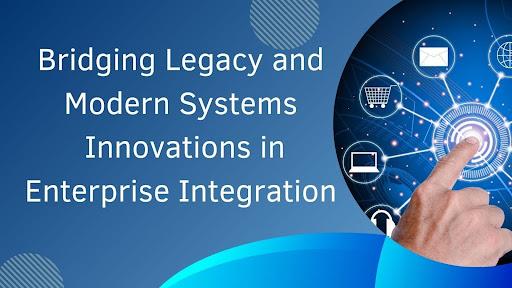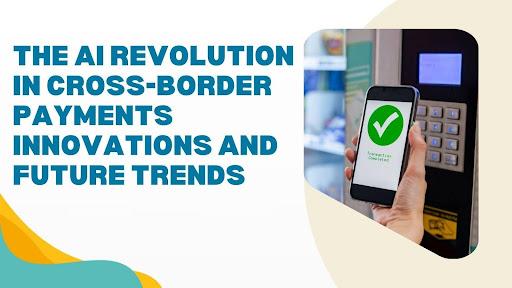The rapid digitalization of financial services has led to a rise in cyber threats, making security a primary concern for banks and customers alike. Vishwadeep Saxena, an expert in blockchain technology, has extensively researched how this decentralized framework enhances security in banking transactions. His work highlights how blockchain is revolutionizing financial security by introducing immutable ledgers, cryptographic frameworks, and automated compliance systems.
Reinventing Transaction Security with Distributed Ledgers
Traditional banking systems face fraud risks due to centralization. Blockchain enhances security through distributed ledger technology (DLT), ensuring immutable transactions. Its consensus mechanisms prevent unauthorized changes, reducing fraud and increasing transparency, ultimately strengthening the integrity and trustworthiness of financial operations.
Smart Contracts: The Future of Automated Banking Operations
Smart contracts have emerged as a groundbreaking feature of blockchain-based banking security. These self-executing contracts automate financial transactions based on pre-defined rules, eliminating the need for intermediaries. By integrating smart contracts, banks can enhance operational efficiency, reduce transaction processing time from days to minutes, and eliminate human error. Moreover, these automated systems ensure compliance with regulatory frameworks, reducing risks associated with manual verification and compliance errors.
Digital Identity Management for Enhanced Authentication
Identity theft and fraud remain significant concerns in online banking. Blockchain-based digital identity management provides a robust solution by enabling users to control and verify their credentials without exposing sensitive information. Utilizing cryptographic techniques such as zero-knowledge proofs and multi-factor authentication, blockchain strengthens identity verification, reducing the likelihood of unauthorized access. Additionally, decentralized identity management improves user privacy by granting individuals control over their personal data rather than relying on centralized repositories prone to breaches.
Securing Cross-Border Transactions
Global financial transactions often involve complex procedures and high costs. Blockchain simplifies this process by offering secure, transparent, and near-instantaneous cross-border transactions. Through decentralized validation mechanisms, blockchain eliminates the need for intermediaries, significantly reducing transaction fees. This capability makes international banking more accessible and efficient, ensuring both security and cost-effectiveness in financial operations.
Overcoming Scalability and Performance Challenges
One of the critical challenges of blockchain adoption in banking is scalability. Traditional blockchain networks, such as Bitcoin and Ethereum, face limitations in transaction processing speeds. However, emerging solutions like sharding, layer-2 scaling, and hybrid blockchain architectures are addressing these concerns. These advancements enable blockchain networks to process over 100,000 transactions per second while maintaining low latency, making them viable for large-scale financial applications.
Regulatory Compliance and Audit Transparency
Blockchain strengthens banking compliance by offering an immutable audit trail, ensuring transparency and security in financial transactions. It automates verification, reducing manual processes and minimizing human errors. By mitigating non-compliance risks, blockchain enhances regulatory adherence, streamlining reporting and oversight. Its decentralized nature fosters trust and efficiency.
Integrating Emerging Technologies for Future Innovations
The convergence of blockchain with artificial intelligence (AI) and the Internet of Things (IoT) is paving the way for more secure and intelligent financial systems. AI-powered fraud detection mechanisms analyze transaction patterns in real-time, enabling proactive identification of suspicious activities. Meanwhile, IoT integration enhances security by ensuring seamless authentication across connected devices, further reinforcing financial security measures.
The Path Forward for Blockchain in Banking
As blockchain technology matures, its adoption in the banking sector is expected to expand. Financial institutions are investing in research and development to integrate blockchain with existing systems, ensuring enhanced security, efficiency, and compliance. The ongoing development of quantum-resistant cryptographic techniques and advanced consensus mechanisms will further solidify blockchain’s role in securing banking transactions.
In conclusion, blockchain technology revolutionizes banking by ensuring secure, efficient, and transparent transactions. Its decentralized framework, cryptographic security, and automation tackle key banking challenges. Vishwadeep Saxena‘s research highlights blockchain’s potential to create a resilient financial ecosystem, enabling a seamless and secure future.
v







